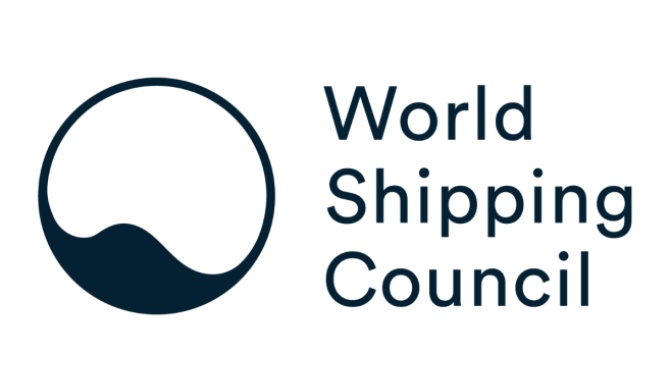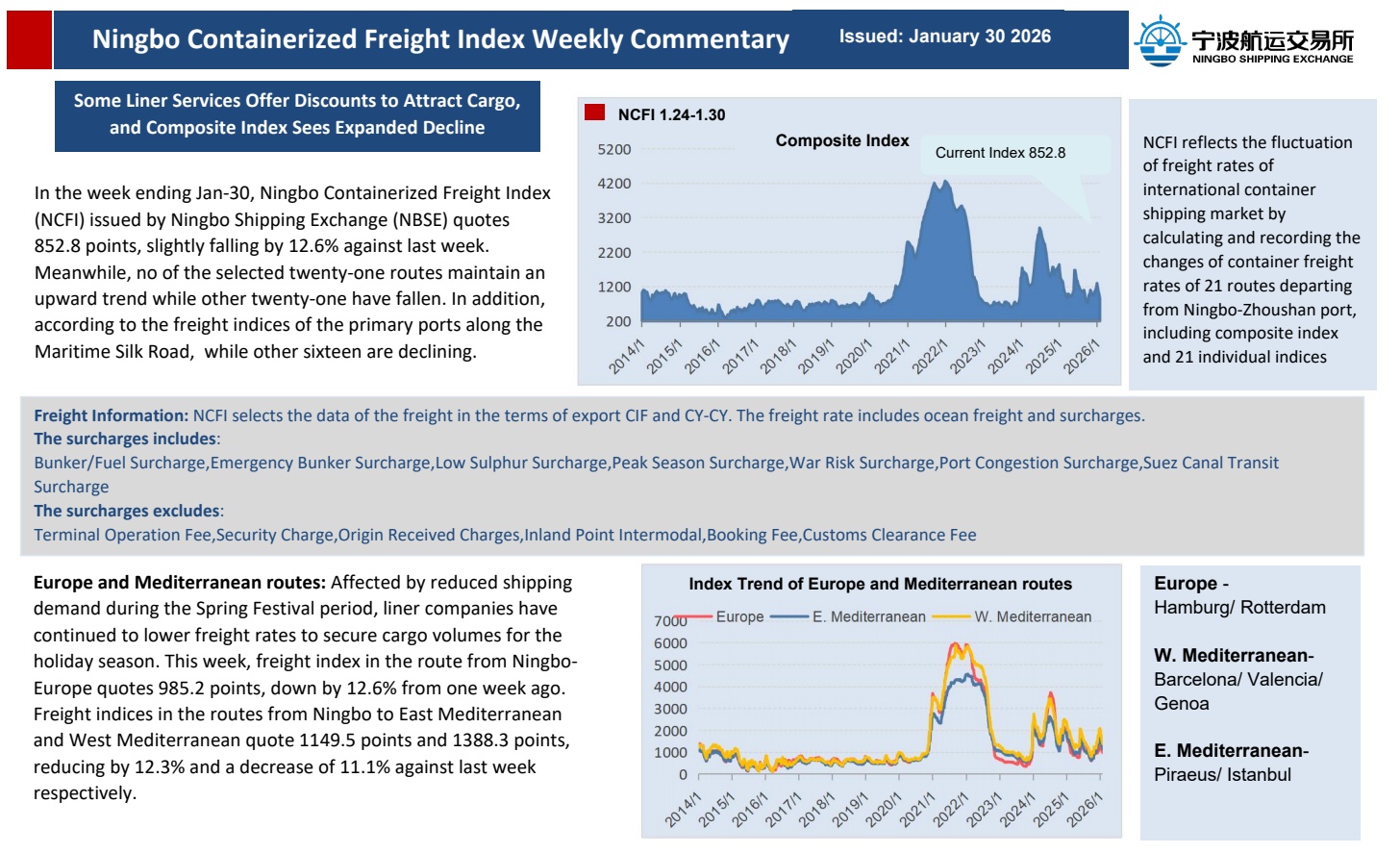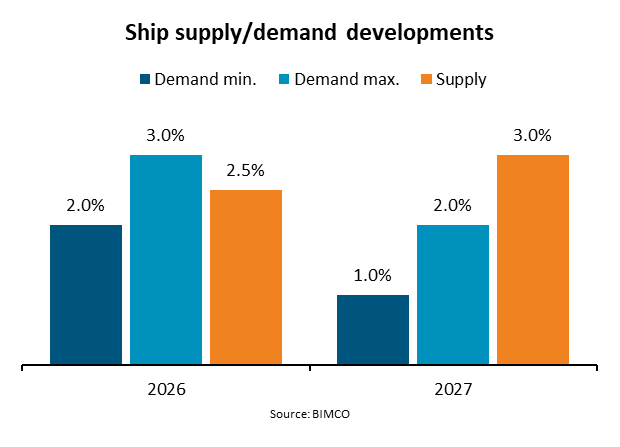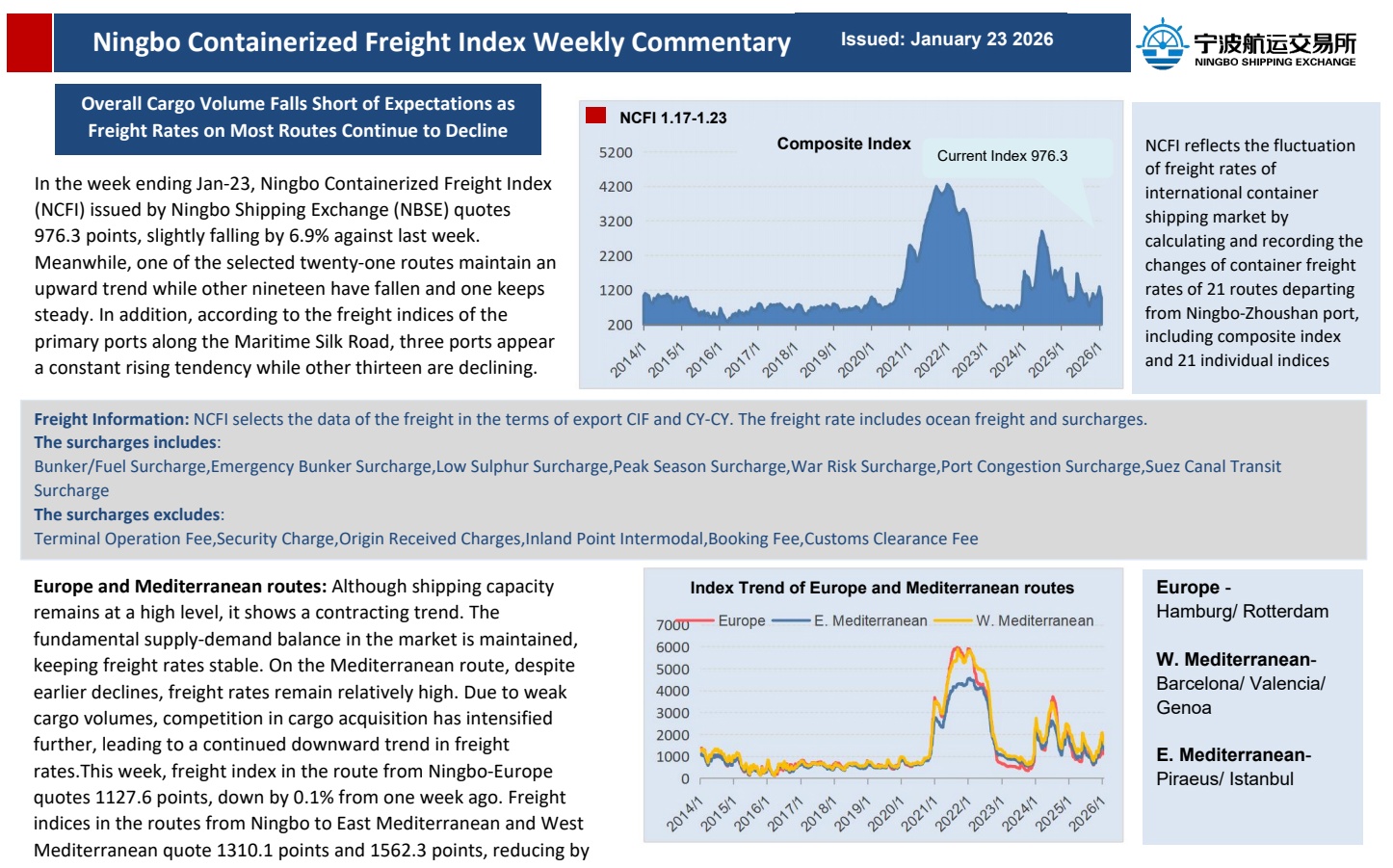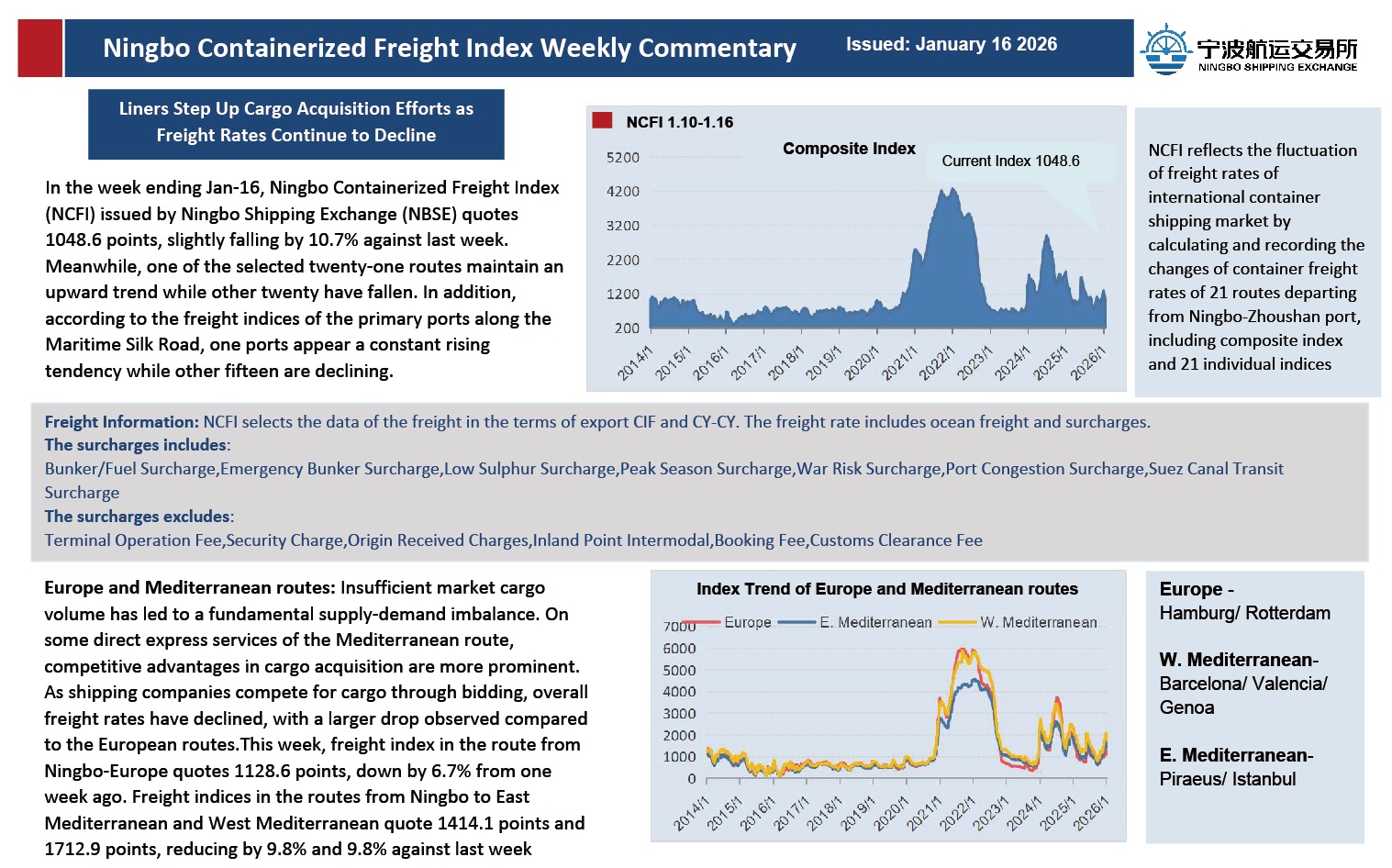
Aarhus, Denmark, 3rd October 2023: Unifeeder Group has signed a long-term time-charter agreement for two new methanol-capable container feeder vessels and has an option for additional two similar vessels.
German-based ship owning group Elbdeich Reederei will build and manage the 1250 twenty-foot equivalent unit (TEU) vessels which will be delivered in 2026.
Unifeeder Group plans to deploy the new vessels on its European network, where the new vessels will give a significant contribution to lower the emissions of the network.
Alongside parent company, DP World, Unifeeder is working with partners across the industry to find solutions to the challenge of renewable-methanol supply, which needs off-take commitments to build production at the scale that the industry needs to replace conventional fossil fuels.
In parallel to the delivery of the methanol capable vessels, Unifeeder will continue to improve the fuel efficiency of the entire fleet deployed and increase the use of biofuels on the conventional vessels in the fleet.
Jesper Kristensen, Group CEO of Unifeeder Group, said:
“This is another significant step towards the green transformation of our fleet and our operations. These new vessels can be deployed across our current and future networks, offering a flexible, greener solution to our customers.
“As the number of methanol-capable vessels increases in both our operations and those of our customers, my hope is that this drives an increase in innovation and production amongst methanol producers. This will then complete a virtuous circle and ensure we can operate more and more methanol capable vessels with the right colour of methanol fuels in our networks.
“Ultimately though, the greenest fuel is the fuel that is not burned. We strive to offer our customers solutions that support their own sustainability journeys and whilst these new vessels are part of the answer, efficient routing, securing high levels of vessel utilisation and dedicated capacity management across all of our offerings have major roles to play as well.”
The investment in these new ships supports Unifeeder Group’s ambitious decarbonisation plan. Putting its targets well above that of the industry average, Unifeeder has committed to a 25 per cent reduction of emissions by 2030, carbon neutrality by 2040 and net zero emissions by 2050. It aims to achieve this by emphasising fuel-efficient practices, regular maintenance and refitting processes of the existing fleet and fostering a culture of learning and collaboration, sharing best practices across markets to drive effective carbon reduction strategies.
Robert Frese, Managing Director at Elbdeich Reederei, adds: “We believe in methanol-capable vessels as part of a suite of solutions being deployed to reduce carbon emissions in our sector and are happy to contribute with this project to a greener future in shipping. We really look forward to operating these modern state-of-the-art container feeder vessels in our partnership with Unifeeder and hope other market participants will follow this example.”
The newbuilding project is the latest step in a series of efforts that have been undertaken between Unifeeder and Elbdeich Reederei to reduce emissions within the jointly-operated Unifeeder fleet. This includes the first test of Synthetic Natural Gas as a fuel on a commercial vessel, the continuous use of biofuels and various vessel modifications made to reduce the fuel consumption of existing tonnage.
Source: Unifeeder Group
Unifeeder Group plans to deploy the new vessels on its European network, where the new vessels will give a significant contribution to lower the emissions of the network.
Alongside parent company, DP World, Unifeeder is working with partners across the industry to find solutions to the challenge of renewable-methanol supply, which needs off-take commitments to build production at the scale that the industry needs to replace conventional fossil fuels.
In parallel to the delivery of the methanol capable vessels, Unifeeder will continue to improve the fuel efficiency of the entire fleet deployed and increase the use of biofuels on the conventional vessels in the fleet.
Jesper Kristensen, Group CEO of Unifeeder Group, said:
“This is another significant step towards the green transformation of our fleet and our operations. These new vessels can be deployed across our current and future networks, offering a flexible, greener solution to our customers.
“As the number of methanol-capable vessels increases in both our operations and those of our customers, my hope is that this drives an increase in innovation and production amongst methanol producers. This will then complete a virtuous circle and ensure we can operate more and more methanol capable vessels with the right colour of methanol fuels in our networks.
“Ultimately though, the greenest fuel is the fuel that is not burned. We strive to offer our customers solutions that support their own sustainability journeys and whilst these new vessels are part of the answer, efficient routing, securing high levels of vessel utilisation and dedicated capacity management across all of our offerings have major roles to play as well.”
The investment in these new ships supports Unifeeder Group’s ambitious decarbonisation plan. Putting its targets well above that of the industry average, Unifeeder has committed to a 25 per cent reduction of emissions by 2030, carbon neutrality by 2040 and net zero emissions by 2050. It aims to achieve this by emphasising fuel-efficient practices, regular maintenance and refitting processes of the existing fleet and fostering a culture of learning and collaboration, sharing best practices across markets to drive effective carbon reduction strategies.
Robert Frese, Managing Director at Elbdeich Reederei, adds: “We believe in methanol-capable vessels as part of a suite of solutions being deployed to reduce carbon emissions in our sector and are happy to contribute with this project to a greener future in shipping. We really look forward to operating these modern state-of-the-art container feeder vessels in our partnership with Unifeeder and hope other market participants will follow this example.”
The newbuilding project is the latest step in a series of efforts that have been undertaken between Unifeeder and Elbdeich Reederei to reduce emissions within the jointly-operated Unifeeder fleet. This includes the first test of Synthetic Natural Gas as a fuel on a commercial vessel, the continuous use of biofuels and various vessel modifications made to reduce the fuel consumption of existing tonnage.
Source: Unifeeder Group
The opinions expressed herein are the author's and not necessarily those of The Xinde Marine News.
Please Contact Us at:


